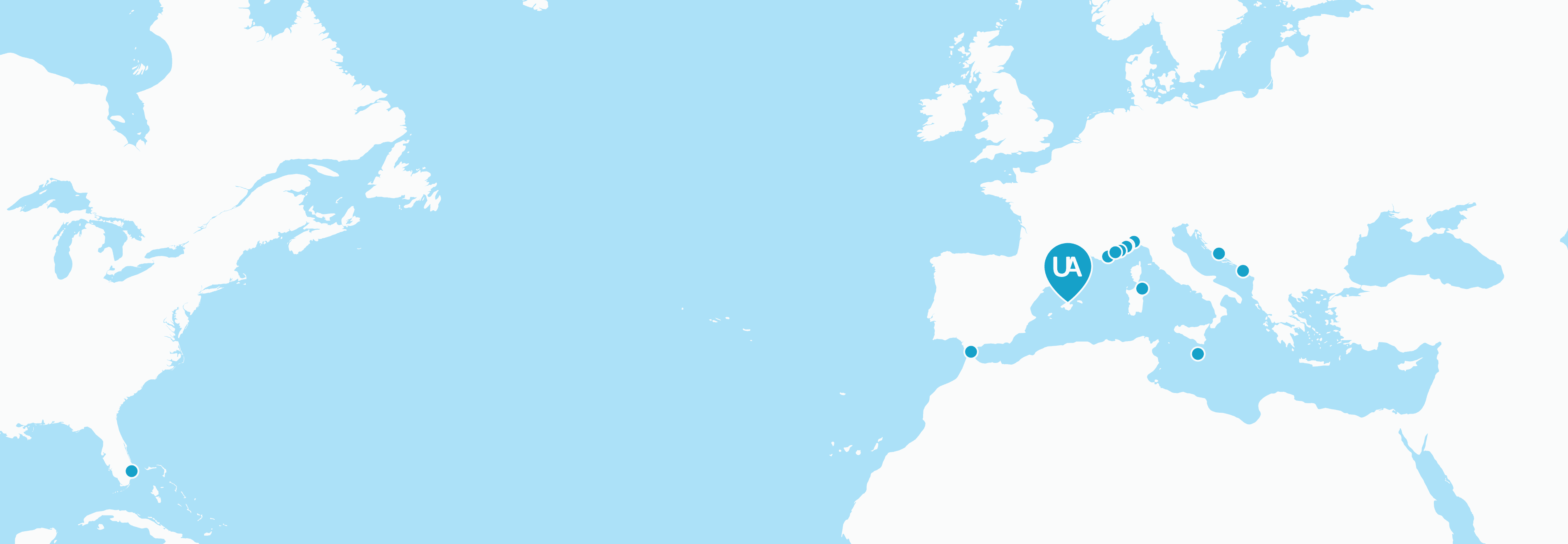16th Jan 2020
Expat Tax 2020 | Where Do South African Yacht Crew Fit In?
The two burning questions typically asked by South Africans working on yachts are:
- What does Expat Tax 2020 mean?
- How will I be affected?
Unfortunately, SARS knows that yacht crew are likely not paying tax elsewhere on their foreign earnings and are often not resident anywhere. This likely makes them remain ordinarily resident of South Africa, and thus gives SARS taxing rights on that foreign income.
The position of seafarers is more complex than the standard foreign employee. South African tax law provides for three different categories of exemption, which can be applied for on foreign income. But, even where seafarers work alongside their colleagues, one could be exempt from tax in SA, while the other taxable. This is what makes Expat Tax so complicated for crew.
Something as simple as the mere position held by the seafarer, or the title on the vessel can affect this. Thus, seafarers need to understand the law and how it applies to their individual circumstances to be able to protect their foreign earned income.
Click here to download our latest guide which explores the three categories in detail and lays out some golden rules for South African yacht crew, and seafarers in general, to follow.
Employment Status
Critical for Tax-Exempt Status and Minimisation of Taxes
The tax exemption on your earnings and benefits provided on the vessel, including South Africa and many other countries, only applies where you can evidence (provide proof of) an employer / employee relationship. Whilst there are different tax rules for workers who are part of the passage of the vessel and those who perform other work on the vessel, the employment requirement remains critical for both these tax exemptions (see brochure for more information). There are different rules for crew working on luxury yachts, to entertainment or salon crew on cruise ships, to other operational crew, and we know them!
KEY Points To Consider
1. REGISTER TO PAY TAX
As a South African, you must register for tax where you are tax resident (this means the place you call home and are legally allowed to live), and submit a tax return each year, even if you are exempt from tax.
2. SOUTH AFRICAN BANK REPORTS AUTOMATICALLY TO SARS
In the case you have a South African and international bank account, the bank (or any other financial institution) will report you automatically to SARS every year, known as the FATCA (where you have a United States link) and CRS (rest of the world, meaning ‘Common Reporting Standards’). The better approach is to ensure you remain fully compliant with South African law and that you are in good standing (‘tax clearance’) with SARS.
3. DON’t fake FINANCIAL EMIGRATION
Where you claim to be non-resident, there is a formal SARS and South African Reserve Bank process to be followed, commonly referred to as ‘financial emigration’. A key requirement is that South Africa can no longer be your real or your main home, i.e. you have left South Africa permanently to settle somewhere else.
4. TAX COMPLIANCE AND TAX LIABILITY ARE DIFFERENT
Tax compliance and having a tax liability are two different discussions. As a South African resident, you are obligated under law to register for tax and submit an annual tax return. It is a criminal offense to not complete a tax return when due and to make full and correct disclosure therein. This does not only result in an administrative penalty under the Tax Administration Act but can also be used for prosecution.
5. COMPLETE AN ANNUAL TAX RETURN
Even where you are pro-actively well planned and tax-exempt, you must still complete an annual tax return and claim the tax exemption on your tax return. It is a criminal offence, to make a false declaration, i.e. where you complete a zero-return showing you earned nothing or where you tick the box saying you were unemployed when you were not, this is patently untrue and criminal.
For more information please visit the Seafarers Global website by clicking here.



